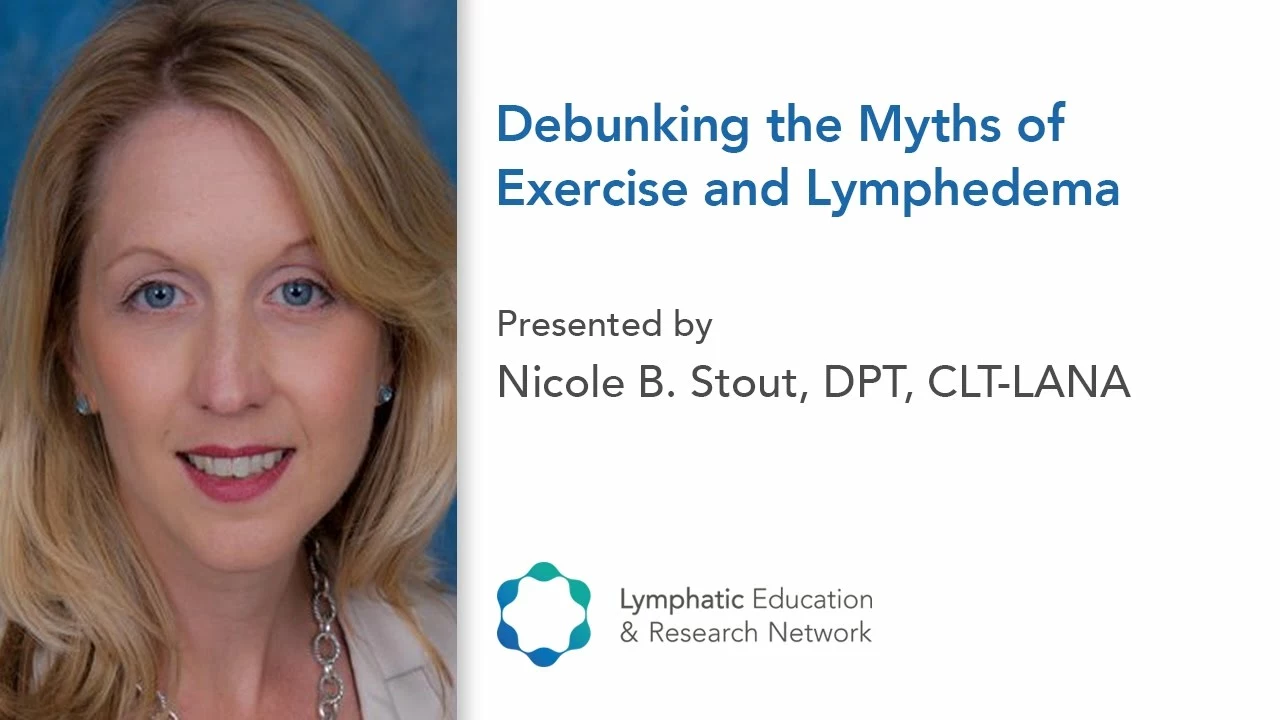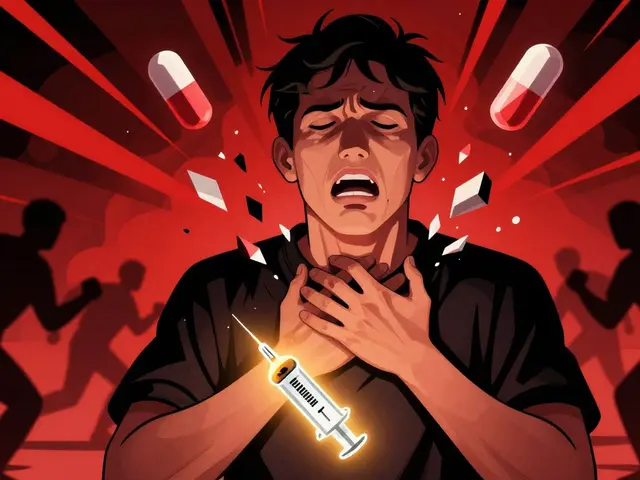
Understanding Buspirone: What is it?
Before diving into the question of whether buspirone is addictive or not, it's important to have a clear understanding of what this medication is. Buspirone, also known by its brand name Buspar, is an anxiolytic drug. It's primarily used to treat symptoms of anxiety disorders, such as generalized anxiety disorder (GAD). Unlike other anti-anxiety medications like benzodiazepines, buspirone does not have sedative effects, making it a preferable choice for patients who need to remain alert and functional throughout the day.
Buspirone works by affecting neurotransmitters in the brain, specifically serotonin and dopamine, which are believed to play a role in regulating mood and anxiety levels. The exact way it works is not entirely understood, but it is believed to help balance these neurotransmitter levels, thus reducing anxiety symptoms in individuals who take it.
Comparing Buspirone to Benzodiazepines
In order to address the question of addiction, it's helpful to compare buspirone to other anti-anxiety medications, specifically benzodiazepines. Benzodiazepines, such as Xanax, Valium, and Klonopin, are well-known for their potential to cause dependence and addiction. They work by enhancing the effects of a neurotransmitter called GABA, which reduces activity in the brain and produces a calming effect. This makes them effective for treating anxiety, but also leads to a potential for abuse and physical dependence in some individuals.
On the other hand, buspirone does not have the same sedative effects as benzodiazepines. As mentioned earlier, it works on serotonin and dopamine levels in the brain, which makes it a different class of drug altogether. This difference in the way they work is a key factor in why buspirone is considered to have a lower potential for addiction than benzodiazepines.
Low Potential for Abuse and Addiction
Multiple studies and clinical trials have shown that buspirone has a low potential for abuse and addiction. In fact, it's classified as a non-controlled substance by the FDA, which means it is not considered to have a significant potential for abuse or addiction. This is in contrast to benzodiazepines, which are classified as controlled substances due to their potential for abuse and dependence.
The reason for buspirone's low potential for addiction is believed to be tied to its lack of sedative effects. Unlike benzodiazepines, which can create a sense of euphoria or relaxation, buspirone does not produce these sensations. As a result, there is little incentive for individuals to abuse the drug, and the risk of developing a dependence is significantly lower.
Withdrawal Symptoms and Discontinuation
Another factor to consider when discussing potential addiction is the presence of withdrawal symptoms when the medication is stopped. With benzodiazepines, withdrawal symptoms can be severe and even life-threatening, especially if the medication is stopped abruptly without proper medical supervision. This is one of the reasons why benzodiazepines are considered to have a high potential for addiction.
Buspirone, however, does not have the same withdrawal concerns. Most patients can discontinue the medication without experiencing any significant withdrawal symptoms, although some may experience mild symptoms such as nausea, headache, or dizziness. These symptoms are generally short-lived and can be managed with the assistance of a healthcare provider. This further supports the idea that buspirone is not addictive in the same way that benzodiazepines are.
Appropriate Use and Monitoring
While buspirone is considered to have a low potential for addiction, it's still important for patients and healthcare providers to use the medication responsibly and monitor its effects. Like any medication, buspirone can cause side effects, and it may not be suitable for all individuals. It's important for patients to work closely with their healthcare provider to determine the appropriate dosage and to regularly assess the drug's effectiveness in managing their anxiety symptoms.
Additionally, while the risk of addiction is low, it's still important for patients to be aware of the potential risks and to communicate any concerns they may have with their healthcare provider. In some cases, a different medication or treatment approach may be more appropriate, depending on the individual's specific needs and circumstances.
Conclusion: Debunking the Myth of Buspirone Addiction
In conclusion, the evidence suggests that buspirone is not addictive in the same way that benzodiazepines are. Its unique mechanism of action, low potential for abuse, and minimal withdrawal symptoms make it a safer alternative for managing anxiety disorders in many patients. However, it's essential for patients to work closely with their healthcare provider to ensure that the medication is being used appropriately and to monitor for any potential side effects or concerns. By doing so, patients can effectively manage their anxiety symptoms without the risk of addiction associated with other anti-anxiety medications.









7 Comments
Buspirone is hailed as the saint of anxiolytics yet the hype blinds us it merely occupies a middle ground in neurochemistry it neither sedates nor intoxicates which is the very reason some call it a moral drug :) its mechanisms whisper rather than shout and that quietness is often misconstrued as safety the literature shows low abuse potential but low risk does not equal zero risk the patient must still be vigilant the market loves a clean label but clinicians must stay grounded
It's just another marketing gimmick.
If you think buspirone is some holy grail that absolves you of personal responsibility, you are indulging in a dangerous fantasy. The notion that a pill can substitute for the hard work of confronting anxiety is a narrative that our culture loves to recycle. While the FDA may label it as non‑controlled, the moral calculus of dependence remains a human matter. We must ask ourselves whether we are using buspirone as a crutch rather than a tool. The studies cited in the article are indeed reassuring, but research is never the final arbiter of ethical usage. A patient who pops a tablet every morning and never learns coping skills is no better off than a binge‑drinker who claims sobriety. Moreover, the comparison to benzodiazepines, though valid, often serves to inflate buspirone's virtue without acknowledging its own subtle risks. Mild withdrawal symptoms such as nausea or dizziness, while not life‑threatening, can still undermine daily functioning. If a physician prescribes it without thorough counseling, the doctor becomes complicit in a veneer of safety. Sarcasm aside, the moral imperative is to treat any psychoactive medication with the same respect we reserve for more notorious drugs. We cannot afford to demonize benzodiazepines while lionizing buspirone, for that would be intellectual dishonesty. The real addiction risk lies not in the chemistry but in the human tendency to seek easy fixes. Thus, the emphasis should shift from labeling substances as addictive to cultivating resilience. Only then can we claim to have truly addressed the anxiety epidemic. In short, buspirone is a tool, not a talisman, and its low abuse potential does not excuse complacency. Use it wisely, monitor it closely, and remember that the ultimate battle is fought within the mind.
The article provides a solid overview of buspirone's pharmacology and its comparative safety profile. When initiating therapy, clinicians should assess baseline anxiety severity and discuss realistic expectations with patients. Monitoring for mild side effects such as headache or dizziness during the titration phase can preempt unnecessary discontinuation. Moreover, integrating cognitive‑behavioral strategies alongside medication often yields the best outcomes.
America's medical community should champion the fact that we have access to non‑addictive options like buspirone while many other nations still rely on outdated benzodiazepines 🚩🇺🇸 the data is crystal clear and we must spread the word 🌟
Wow, that's a proud statement! I'm glad we have choices, but let's remember every medicine needs respect.
Indeed; buspirone's profile is quite fascinating, isn’t it?; its low abuse potential makes it a noteworthy option, especially for those wary of dependence; however, we must remain vigilant, for even minimal risk warrants careful oversight; thank you for the insightful discussion!